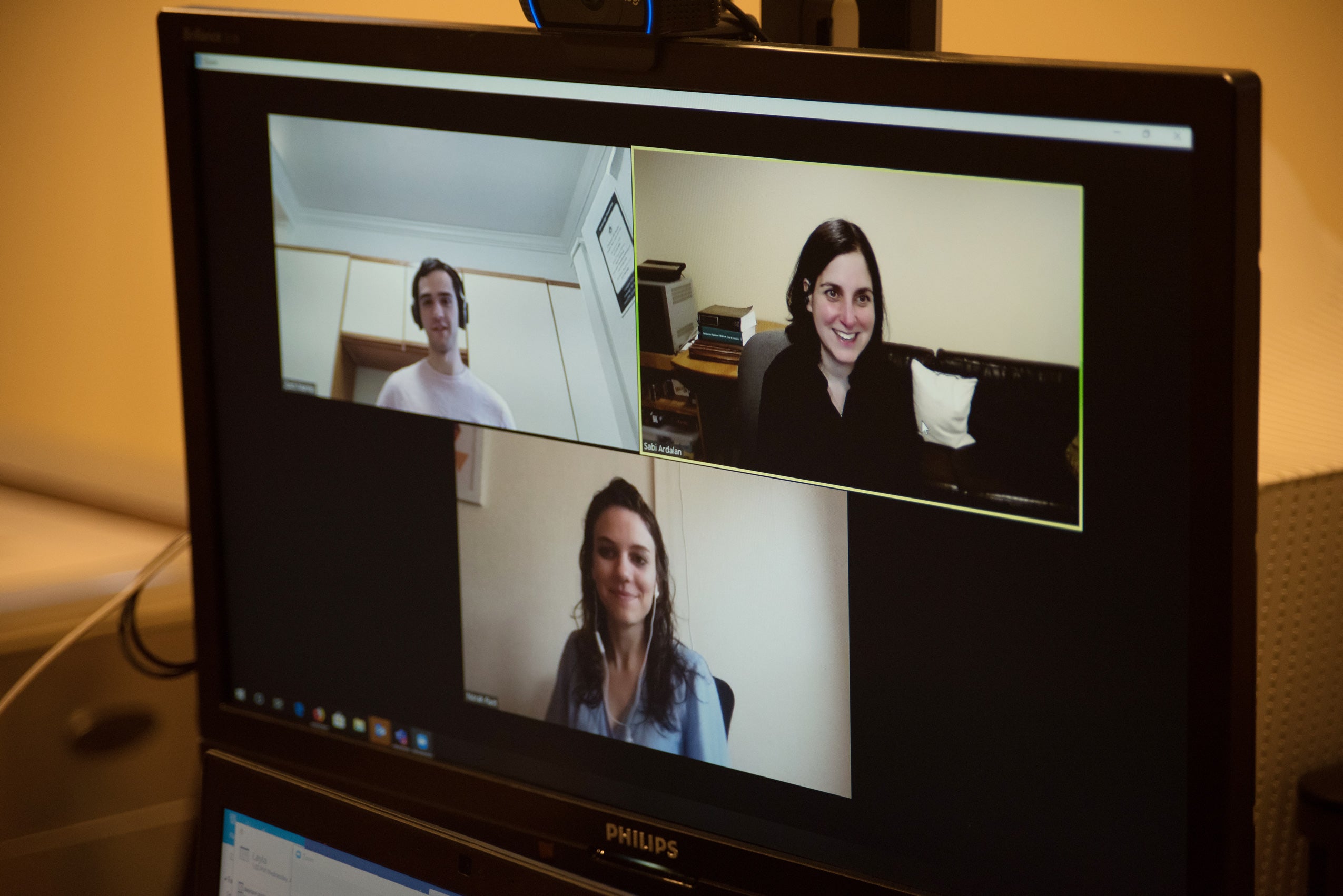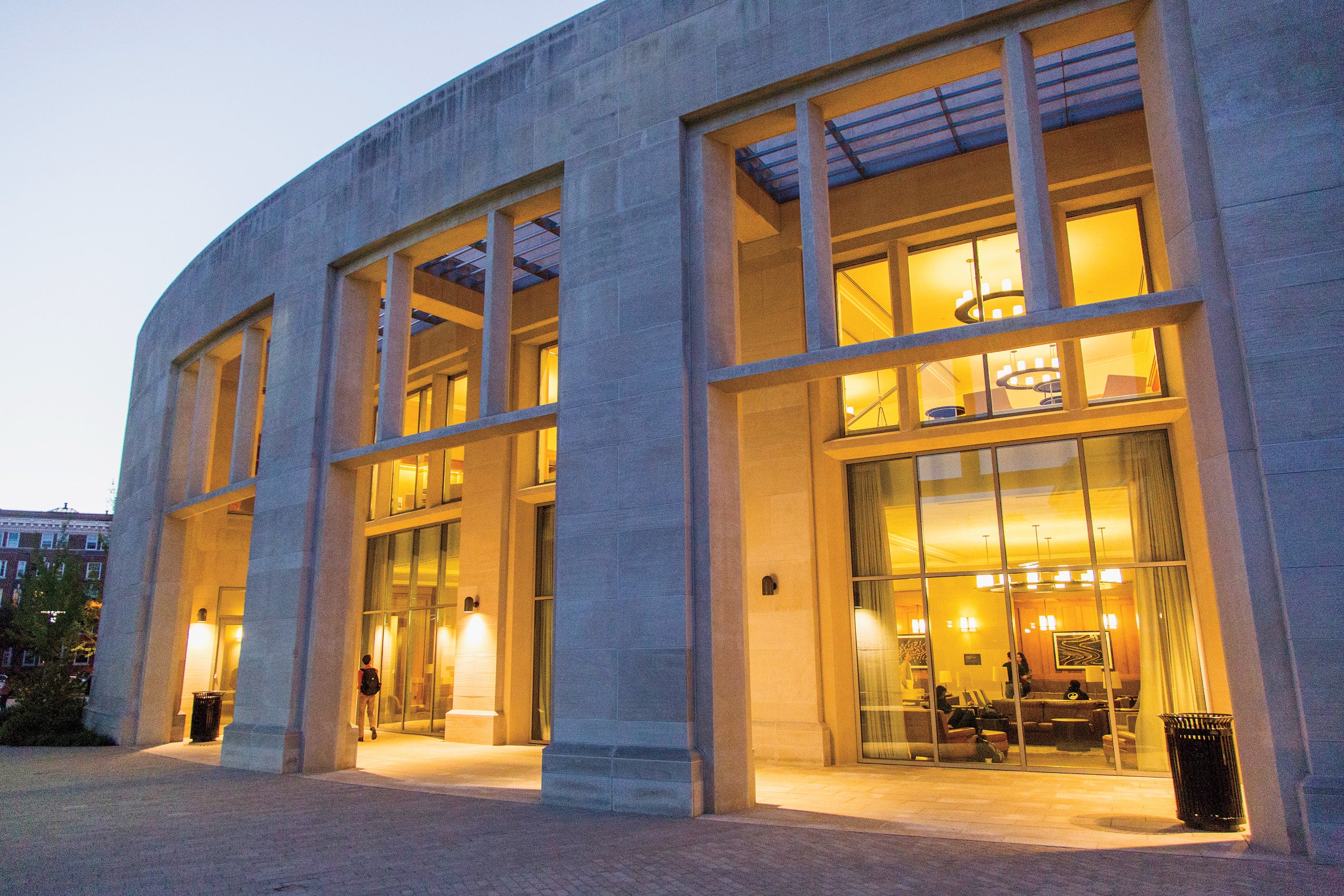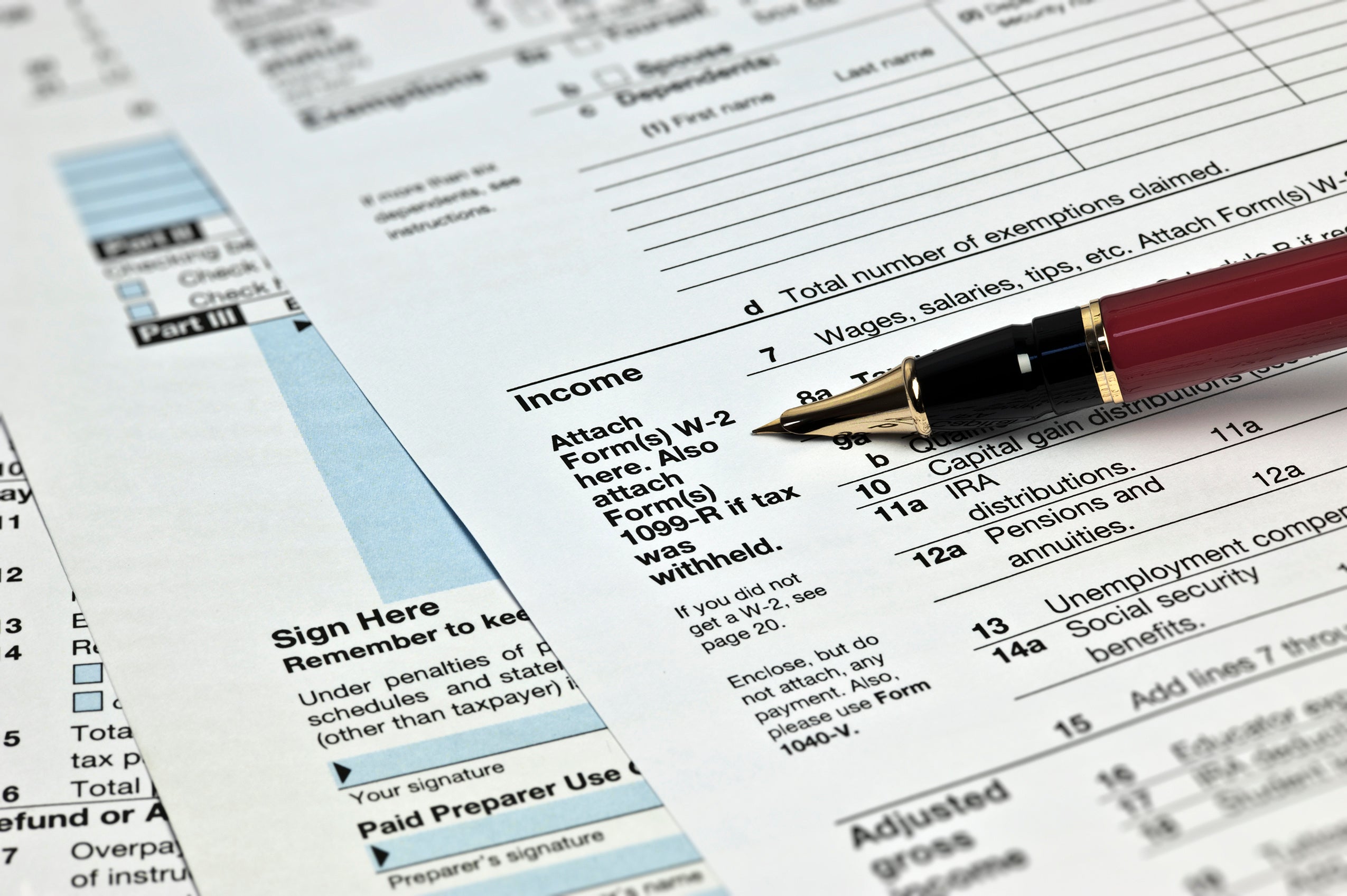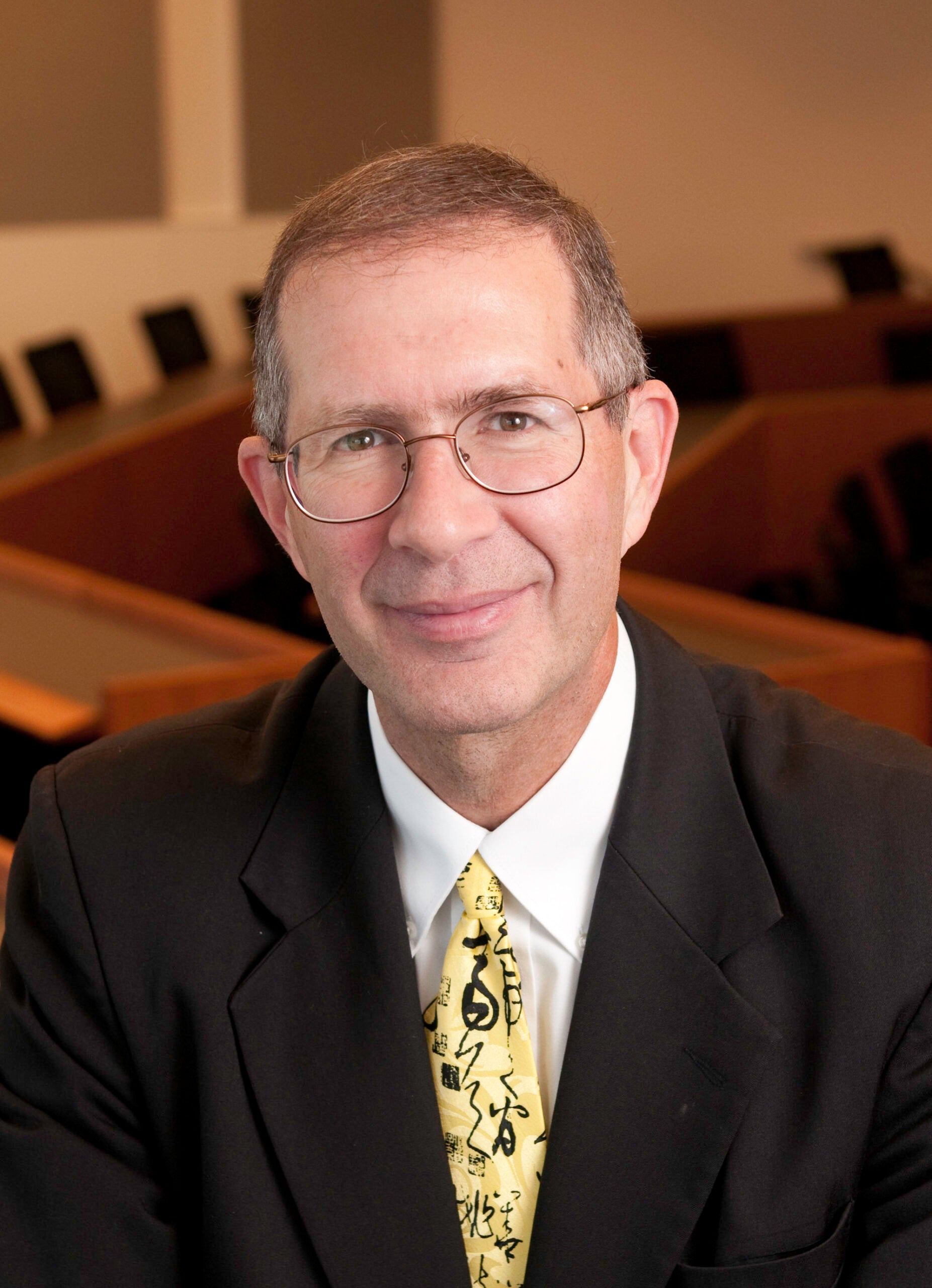People
T. Keith Fogg
-
Tax Pros Fear IRS Appeals Cases May Suffer During Pandemic
April 17, 2020
While all tax attorneys face challenges representing clients during the COVID-19 pandemic, tax practitioners fear that IRS Appeals cases face particular setbacks due to a lack of face-to-face meetings with Appeals employees and the office's resource constraints. Successfully working cases before the Internal Revenue Service's Independent Office of Appeals depends particularly on the relationship between the tax practitioner and Appeals officers. That rapport can be difficult to maintain when all meetings are conducted over the phone or via teleconference while IRS employees are under a work-at-home order...Attorneys involved in lower-tiered disputes that don't involve complex portions of the tax code or large case files may not be affected that much, according to T. Keith Fogg, law professor and director of the Federal Tax Clinic at Harvard Law School's Legal Services Center. “For most of my clients, because they're low income, Appeals doesn't want to have a face-to-face conference to begin with,” Fogg told Law360. “We don't normally push for one either. So it's not a big deal for us.”
-
For the Clinical Program at Harvard Law School, the past weeks of the COVID-19 pandemic have been a time to mobilize. As the clinics have moved to working remotely, their work has continued with new urgency.
-
The new coronavirus pandemic is increasing the challenges for attorneys representing clients at the U.S. Tax Court, a place already slow to technological advancement. Attorneys have long grappled with technological barriers at the court—not being able to electronically file petitions or access many case documents online, for example. But now that the building is shuttered until further notice, tax professionals are facing additional hurdles, and they fear it could get worse the longer the virus outbreak continues...One result of the building closure is that visitors can’t access court documents at the Tax Court’s records room. Those who are unable to get the documents from the actual petitioner or that person’s attorney are left with one potentially prohibitive option: Pay a $0.50 per page charge from the Tax Court and have the documents mailed. The Tax Court has cited concerns about privacy as a reason to preserve those restrictions. That can be an issue particularly for people interested in reaching out to self-represented petitioners because their contact information can be viewed on their petition, said T. Keith Fogg, who directs Harvard Law School’s Federal Tax Clinic. “It’s no longer possible to go to the court and sit in the docket room to do research or to call the court and get copies of documents,” Fogg said. “The closing of the court accentuates the problems caused by the Tax Court’s decision not to make its documents public except through a portal that becomes unavailable when it closes.”
-
Expect More Litigation Over IRS Penalty Approval Rules
March 23, 2020
Courts are likely to continue examining a requirement that IRS employees get their boss to OK penalty decisions before they are presented to taxpayers, even after the U.S. Tax Court issued a recent string of opinions addressing the issue. The Tax Court’s 2017 ruling in Graev v. Commissioner interpreted tax code Section 6751(b) as requiring the IRS to obtain supervisory approval in a tax deficiency case by the time it imposes related tax penalties. Since January, the Tax Court has grappled with multiple aspects of the requirement, trying to establish the exact point in the process when the requirement must be met and which penalties need approval...The fact that all the judges weighed in on the Belair decision increases the chances that it will get reversed, according to T. Keith Fogg, director of the Federal Tax Clinic at the Legal Services Center of Harvard Law School. “When you look at fully reviewed opinions that get appealed, they get reversed more than other Tax Court opinions that have also been appealed because they’re controversial—they’re close questions,” Fogg told Bloomberg Tax... “I expect appeals in every case the taxpayers have lost involving 6751(b) where the taxpayers are represented by counsel,” said Carlton M. Smith, who formerly directed the Carodozo School of Law’s tax clinic and now is a retired volunteer at Harvard Law School’s Federal Tax Clinic.
-
The Second Circuit unanimously overturned a U.S. Tax Court decision that had denied a retired Connecticut woman her tax refund, saying Tuesday that the ruling had resulted in differential treatment of taxpayers that Congress had intended to avoid. People who file a tax return before receiving a deficiency notice are usually allowed to go back three years before the notice was mailed to them to seek a refund or credit of overpaid income taxes. Those who do not file a return before receiving a deficiency notice were restricted to a two-year look-back period until 1997, when Congress enacted language permitting a refund or credit if the Internal Revenue Service issues the notice “during the third year after the due date (with extensions) for filing” a tax return. ... The case had attracted the attention of law professors T. Keith Fogg and W. Edward Afield, of Harvard Law School and Georgia State University, respectively, who filed a brief advising the Second Circuit that the “(with extensions)” language should add to the time period for awarding a refund, not lessen it.
-
When you miss deadlines in tax matters, the consequences vary. Sometimes it is "no harm, no foul", sometimes there is a mild financial penalty, sometimes there is a severe financial penalty. And then there is the Tax Court. If you miss the initial Tax Court deadline for filing petition, that's it...A lot of pro se litigants miss the deadlines. That led to an amicus brief by Linda Jean Matuszak. Ms. Matuszak was tripped up in a similar manner. The brief was prepared by Carlton Smith and Professor T. Keith Fogg, Director Harvard Federal Tax Clinic, which gives students at Harvard Law School the opportunity to do some tax litigation for the other 95%. They are making a push on the deadline issue.
-
Tax Clinic Student Amy Feinberg ’18 argues in the U.S. Court of Appeals for the Fourth Circuit
December 21, 2017
In December, Amy Feinberg ’18 became the second Federal Tax Clinic student to argue an appeal in a federal circuit court since the Clinic opened at Legal Services Center of Harvard Law School in 2015.
-
Helping low-income clients navigate the IRS
October 6, 2017
Tenacious legal research and petition-filing by Harvard Law School students working in the Tax Clinic of the Legal Services Center at HLS helps low-income clients fight for their legal rights – rights that are meaningless if clients lack access to a lawyer to stand up for them.
-
T. Keith Fogg named clinical professor of law
May 31, 2017
Keith Fogg, an expert in tax law and procedure and director of Harvard Law School’s Federal Tax Clinic at the Legal Services Center, has been named Clinical Professor of Law at HLS.



